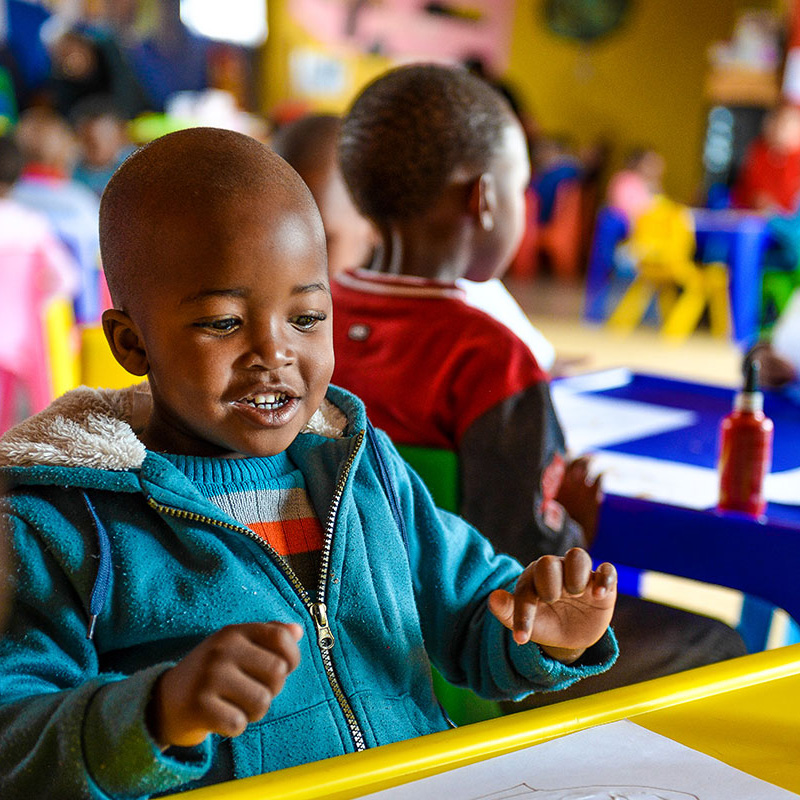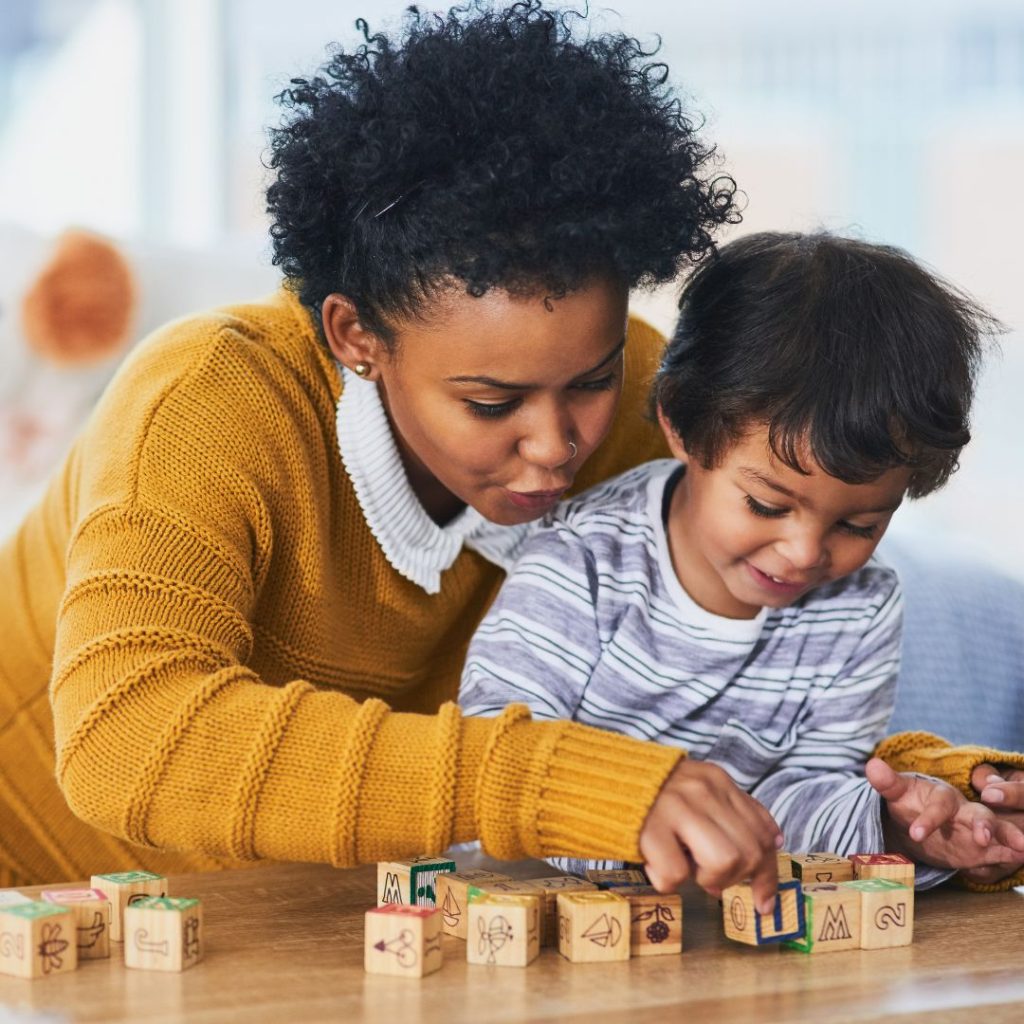Understanding Early Childhood Development: The Building Blocks of Life
Early childhood development (ECD) refers to the physical, cognitive, social, and emotional growth that takes place from birth to about eight years of age. This period is crucial as it lays the foundation for a child’s future well-being and success. Understanding the various aspects of early childhood development can help parents, educators, and caregivers provide better support during these formative years.

Key Areas of Development
- Physical Development:
Physical development involves changes in a child’s body, including growth in height and weight, motor skills, and coordination. In early childhood, children progress from learning basic movements like crawling and walking to more complex activities such as running, jumping, and using fine motor skills for tasks like writing and drawing. Proper nutrition and opportunities for physical activity are essential for healthy physical development. - Cognitive Development:
Cognitive development refers to how children think, explore, and figure things out. This area involves problem-solving, memory, language acquisition, and the ability to understand and interact with the world. Children learn rapidly during these early years, absorbing information from their surroundings and experiences. Cognitive development is supported by play, exposure to language, and opportunities to explore their environment. - Language and Communication:
Language development is a critical aspect of early childhood. From cooing and babbling as infants to speaking full sentences, children quickly develop their ability to communicate with others. This process is influenced by interaction with caregivers, who provide models of language use, and by exposure to books, stories, and conversations. Encouraging children to express themselves and asking them open-ended questions can boost their language skills. - Social and Emotional Development:
Social and emotional development includes learning to interact with others, managing emotions, and developing a sense of self. During early childhood, children begin to form relationships with peers, learn social norms, and understand the feelings of others. This development is essential for building healthy relationships and social skills in later life. Support from caring adults, the opportunity to play with others, and positive reinforcement help children navigate this area.
Influencing Factors
- Genetics:
Children inherit traits from their parents that shape their physical and cognitive abilities. However, the environment also plays a crucial role in their development. - Environment:
A nurturing environment that provides opportunities for learning and exploration is vital. Children thrive in environments where they feel safe, supported, and stimulated. Access to books, toys, and social interaction with caregivers and peers fosters developmental growth. - Parenting and Caregiving:
Responsive caregiving, which involves paying attention to a child’s needs and responding in an appropriate and loving way, is key to healthy development. Children who feel secure and loved are more likely to explore and learn. - Health and Nutrition:
Proper nutrition and healthcare are foundational to all areas of development. Children who are malnourished or suffer from illness may experience delays in growth, learning, and emotional regulation.
The Role of Play in Development
Play is often referred to as the “work” of childhood, and for good reason. Through play, children practice essential skills, from physical coordination to social interaction. There are various types of play, each contributing to different areas of development:
- Physical Play: Activities like running, climbing, and dancing build motor skills and coordination.
- Constructive Play: Building with blocks or creating art fosters problem-solving and fine motor skills.
- Pretend Play: Role-playing or make-believe encourages creativity and helps children understand social roles and emotions.
- Social Play: Playing with peers or family members teaches cooperation, sharing, and negotiation.
Early Childhood Development and Education
Early childhood education (ECE) programs, such as preschool, can significantly impact a child’s development. Quality ECE programs offer structured environments where children can engage in activities that promote learning in a fun and stimulating way. Research shows that children who attend high-quality early childhood programs are more likely to succeed academically and socially later in life.

Supporting Early Childhood Development
Parents, caregivers, and educators play a pivotal role in supporting early childhood development. Some ways to foster healthy development include:
- Engage in Meaningful Interactions: Spend time talking, reading, and playing with children. These activities help develop language and cognitive skills.
- Encourage Curiosity: Provide opportunities for exploration, whether through nature walks, puzzles, or creative play.
- Create a Safe Environment: Ensure that children have a secure and stimulating environment where they can explore without harm.
- Promote Social Skills: Encourage children to interact with peers and practice sharing, taking turns, and empathy.
- Monitor Milestones: While each child develops at their own pace, it’s important to be aware of developmental milestones and seek guidance if any delays are noticed.
Conclusion
Understanding early childhood development is essential for anyone involved in the care and education of young children. The experiences children have during these early years shape their brains and bodies, affecting their future health, learning, and social interactions. By providing a nurturing, supportive, and stimulating environment, caregivers can help children thrive and reach their full potential.

